Welcome to our page dedicated to the unique and beautiful island of Sri Lanka!
At Cross Country Travels Sri Lanka, we share our insights and passion for this incredible country. Here, you'll find specific directions for further reading to deepen your understanding and appreciation of Sri Lanka’s rich culture and stunning landscapes. Enjoy exploring!
A Paradise Lost? Sri Lanka's Enigmatic Past
Is Sri Lanka a paradise? This question echoes through the island's rich history, a tapestry woven with tales of gods, kings, and ancient civilizations.
The mythical footprint atop Samanala Kanda (Adam's Peak) has been claimed by followers of Abrahamic, Hindu, and Buddhist faiths. Some even speculate, based on Islamic scriptures and Western scholarly interpretations, that this is the very place where Adam, the first man, was cast down from heaven. A British writer, Melanie A. Murray and few others, points to Samanala Kanda as that place. However, the island's allure extends beyond religious symbolism.
Recent scientific data from NASA's GRACE mission reveals an unusually low gravitational pull around Sri Lanka. This anomaly has fueled speculation that the island might have been visited by extraterrestrial beings in prehistoric times. Could this be the reason for its unique allure and enigmatic history?
Beyond the mysteries of the past, Sri Lanka's natural beauty is undeniable. Lush landscapes, diverse wildlife, and breathtaking coastlines make it a paradise for nature lovers. Sri Lanka's strategic location has long captivated travelers and traders from across the globe. Renowned explorers such as Fa-Hien, Ibn Battuta, and Marco Polo were drawn to its shores, leaving behind fascinating accounts of their adventures. The stories of King Ravana, a powerful ruler who once reigned over the island, add to its mystique. Some archaeologists believe that the magnificent Sigiriya Rock Fortress, a UNESCO World Heritage Site, is a testament to his reign. However, the exact details of his rule and the origins of the fortress remain shrouded in mystery.
As we explore Sri Lanka's past, we are struck by the contrast between its natural beauty and the challenges it has faced. It is a land of ancient wonders and modern aspirations, a place where the past and the present intertwine in a fascinating tapestry.
A Pearl in the Indian Ocean: Sri Lanka Basics
Sri Lanka, an island nation nestled in the Indian Ocean, is slightly larger than Denmark, with a landmass of approximately 65,610 square kilometers. Administratively, the island is divided into nine provinces, 25 districts, and 331 divisional and sub-divisional secretariats.
Home to nearly 21 million people, Sri Lanka is a vibrant tapestry of ethnicities. The Sinhalese form the majority (74.88%), followed by Sri Lankan Tamils (11.20%), Indian Tamils (4.15%), Sri Lankan Moors (9.22%), Burghers (0.18%), Malays (0.19%), and others (0.14%).
In terms of economy, Sri Lanka has made significant strides. As of October 2013, the country's Gross Domestic Product (GDP) reached $65 billion, with a per capita income of $3,924 in 2015. This placed Sri Lanka in the low-middle-income category.
The island's economy is primarily driven by services, which accounted for 62.4% of GDP in 2015. Manufacturing contributed 28.9%, while agriculture made up 8.7%. Traditional exports such as textiles, tea, rubber, coconut, and gems continue to play a vital role in the economy.
Historical geography (Palaeogeography)
Sri Lanka's geological history stretches back to the dawn of time. Before the formation of the supercontinent Pangaea about 335 million years ago, the island was part of East Gondwana, a vast landmass that included Australia, Antarctica, India, and Madagascar.
During the Paleozoic and early Mesozoic eras, Pangaea dominated the Earth's landscape. The bedrock of Sri Lanka is primarily composed of deformed Proterozoic metamorphic rocks, remnants of this ancient era.
It was during the Proterozoic era that the earliest forms of life are believed to have emerged, setting the stage for the incredible diversity of life that exists on Earth today.
Pre-History
Sri Lanka's Ancient Inhabitants
Archaeological evidence suggests that Homo sapiens have inhabited Sri Lanka for millennia. The earliest artifacts, discovered by chance in Pathirajawela near Hambantota, date back a remarkable 125,000 years.
Furthermore, the skeletal remains of the Balangoda Man, unearthed in Bellan-Bandi Palassa, provide tangible proof of human presence on the island as early as 36,000 years ago. These findings offer valuable insights into the island's rich prehistory.
Dr. Raj Somadeva points that hunter-gathering communities were in a transitional period as to become farming communities in and around 3,500 BP in Sri Lanka.
Sri Lanka's Historical Tapestry: The Mahavamsa
The Mahavamsa, a chronicle written in Pali language, is the cornerstone of Sri Lanka's historical record. This invaluable text, penned by Venerable Mahanama Maha Thera in the 6th century AD, offers a detailed account of the island's history from the arrival of Prince Vijaya in 543 BCE to the reign of King Mahasena in the 4th century AD.
As one of the world's oldest and longest chronicles, the Mahavamsa provides a captivating narrative of the lives and times of the individuals who shaped Sri Lanka's destiny. The Ajanta caves in India even feature an elaborate depiction of Prince Vijaya's journey to the island.
Prince Vijaya, the son of Sihabahu, the ruler of Sihapura in Gujarat, was born under extraordinary circumstances. His mother, the daughter of the king of Kalinga, was said to have conceived him with a lion who had abducted her.
The Culavamsa, a companion volume to the Mahavamsa, continues the historical narrative from the 4th century AD until the British takeover in 1815. Over two millennia, Sri Lanka has witnessed the reigns of 54 kings from the Great Dynasty and 111 sovereigns from the lower race.
Sir George Turnour's meticulous translation of the Mahavamsa tikk, discovered at the Mulgirigalla historical temple, offers invaluable insights into the island's past. According to this ancient text, Sri Lanka's history begins with the landing of Prince Vijaya and his entourage of 700 in Tambapani in 543 BCE.
Sri Lanka's Indigenous Roots: The Veddhas
Recent DNA research has shed light on the origins of the Sinhalese people, revealing a close genetic relationship with the Veddhas, the island's indigenous inhabitants. The Veddhas, who traditionally followed a hunter-gatherer lifestyle, have maintained a degree of genetic isolation, preserving their ancestral heritage.
Dr. Ruwan Illeperuma, a renowned forensic scientist, has concluded that the Veddhas exhibit the least genetic admixture compared to other Sri Lankan groups. This suggests that they are descendants of the island's original inhabitants. His study also found that the Veddhas have the lowest observed heterozygosity in non-sex determined autosomal markers, indicating a lower level of genetic diversity and a history of inbreeding.
Despite their isolation, the Veddhas share a closer genetic relationship with the Sinhalese than with other groups such as Tamils and Moors. This evidence reinforces the theory that the Sinhalese people evolved from an ancient indigenous population, with the Veddhas serving as a living link to the island's distant past.
From lush jungles to ancient temples, and vibrant wildlife to stunning beaches, there’s so much to discover. Would you prefer to dive into the cultural sites, enjoy nature, or maybe even experience local traditions? Let’s create an adventure that reflects the spirit of exploration!
Holiday activities
-
 Manual Payment Processing
442$
Manual Payment Processing
442$
-
 Half day safari in Udawalawe National Park - from Tangalle or Hambantota
From: 87$
Half day safari in Udawalawe National Park - from Tangalle or Hambantota
From: 87$
-
 Wilpattu National Park - Full Day Safari from Kalpitiya
From: 134$
Wilpattu National Park - Full Day Safari from Kalpitiya
From: 134$
-
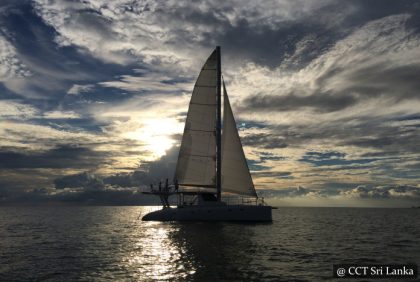 Sail The Best of South - 11-Day - 3-Day Liveaboard Tour
Sail The Best of South - 11-Day - 3-Day Liveaboard Tour
-
 Visit Anuradhapura With CCT Sri Lanka
From: 96$
Visit Anuradhapura With CCT Sri Lanka
From: 96$
-
 Guided Tour of Sigiriya Rock Fortress
From: 25$
Guided Tour of Sigiriya Rock Fortress
From: 25$
-
 Charter Sailing from Mirissa - 1 Night
From: 4,252$
Charter Sailing from Mirissa - 1 Night
From: 4,252$
-
 Trekking in Makandawa Rainforest in Kitulgala
From: 35$
Trekking in Makandawa Rainforest in Kitulgala
From: 35$
-
 Whale Watching in Sri Lanka - Shared Luxury Yacht
Rated 5.00 out of 5From: 8$
Whale Watching in Sri Lanka - Shared Luxury Yacht
Rated 5.00 out of 5From: 8$ -
 Scheduled Flights from Mattala Airport
Scheduled Flights from Mattala Airport
-
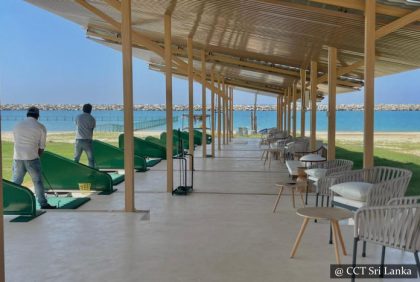 Port City Drive Range - Memberships
From: 130$
Port City Drive Range - Memberships
From: 130$
-
 Charter Sailing from Mirissa – 2 Nights
From: 8,460$
Charter Sailing from Mirissa – 2 Nights
From: 8,460$
-
 Visit Wilpattu - Hunuwilagama Entrance With CCT Sri Lanka
From: 66$
Visit Wilpattu - Hunuwilagama Entrance With CCT Sri Lanka
From: 66$
-
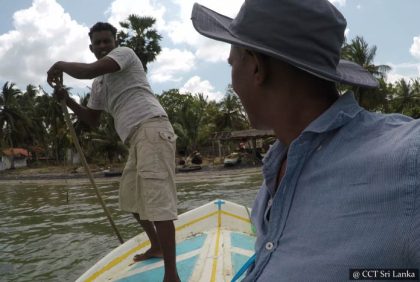 Speedy 10-Minute Boat Ride - Wilpattu to Kalpitiya
Rated 5.00 out of 5From: 35$
Speedy 10-Minute Boat Ride - Wilpattu to Kalpitiya
Rated 5.00 out of 5From: 35$ -
 Visit Batticaloa With CCT Sri Lanka
From: 139$
Visit Batticaloa With CCT Sri Lanka
From: 139$
-
 Whale and Dolphin Watching in Trincomalee
From: 100$
Whale and Dolphin Watching in Trincomalee
From: 100$
-
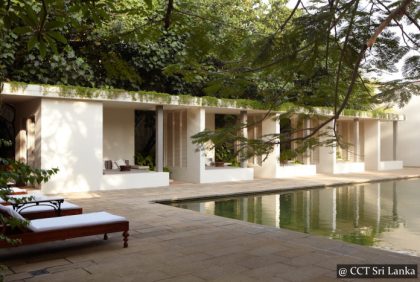 Unveiling the Charm of Galle: Coastal Escape - 6 Days
Unveiling the Charm of Galle: Coastal Escape - 6 Days
-
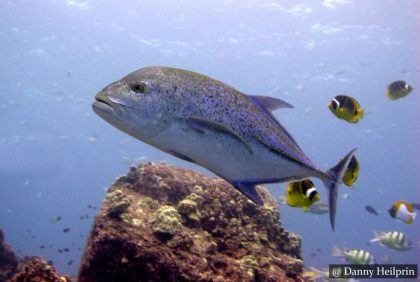 Scuba Diving - PADI Open Water Referral 2
From: 230$
Scuba Diving - PADI Open Water Referral 2
From: 230$
-
 Madu Ganga Boating
From: 35$
Madu Ganga Boating
From: 35$
-
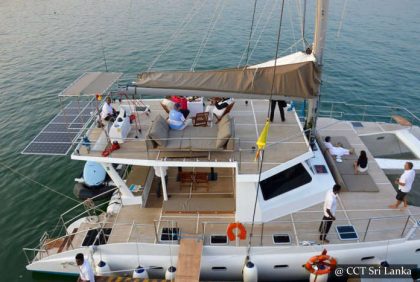 Sail The East Coast Islands - 6-Day - 2-Nights Liveaboard Tour
Sail The East Coast Islands - 6-Day - 2-Nights Liveaboard Tour
-
 Gal Oya National Park - Swimming Elephants Boat Safari
From: 29$
Gal Oya National Park - Swimming Elephants Boat Safari
From: 29$
-
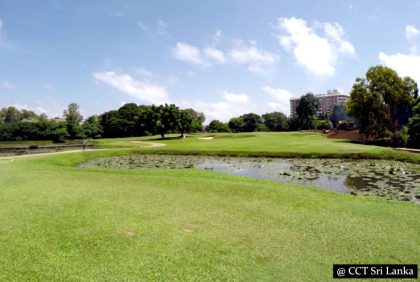 Golfing in Royal Golf Club in Colombo
From: 172$
Golfing in Royal Golf Club in Colombo
From: 172$
-
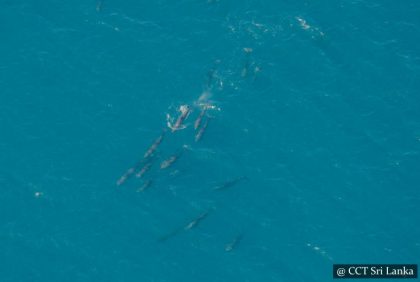 Whale Watching by Air in Mirissa – Scenic Charter Flights
From: 2,714$
Whale Watching by Air in Mirissa – Scenic Charter Flights
From: 2,714$
-
 Gange Wadiya - Bird Watching
From: 30$
Gange Wadiya - Bird Watching
From: 30$
-
 Manual Payment Processing
645$
Manual Payment Processing
645$
-
 Trek to Sri Lanka’s Tallest Waterfall, Bambarakanda, and Explore Hidden Waterfalls
From: 51$
Trek to Sri Lanka’s Tallest Waterfall, Bambarakanda, and Explore Hidden Waterfalls
From: 51$
-
 Reserve a Yacht or a Boat - East Coast
From: 150$
Reserve a Yacht or a Boat - East Coast
From: 150$
-
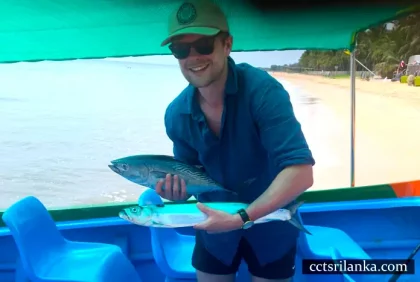 Deep Sea Fishing in Mirissa
From: 220$
Deep Sea Fishing in Mirissa
From: 220$
-
 Shared Sailing from Mirissa - 1 Night
Shared Sailing from Mirissa - 1 Night
-
 Mahaweli River Expedition From Mahiyanganaya to Polonnaruwa - 4 Days
From: 680$
Mahaweli River Expedition From Mahiyanganaya to Polonnaruwa - 4 Days
From: 680$
-
 Cycle Towards Mylambaveli
Cycle Towards Mylambaveli
If you reject the food, ignore the customs, fear the religion and avoid the people, you might better stay at home.
James Michener
